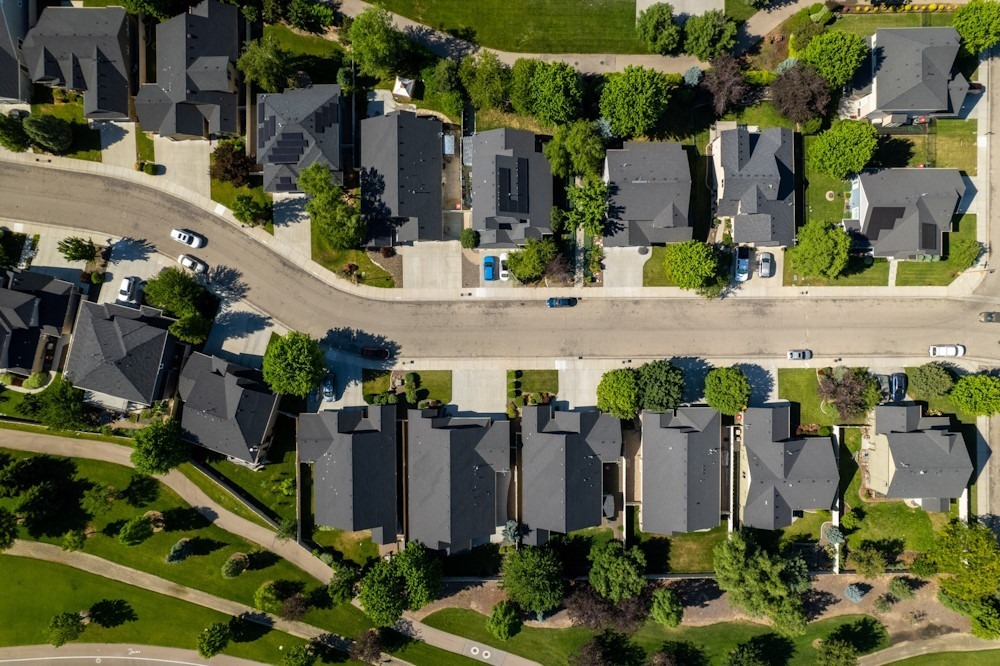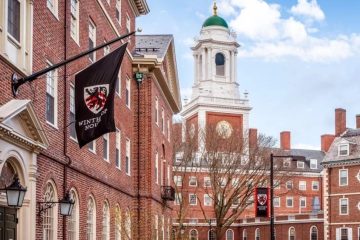Developers find themselves with vacant lots

Seattle-based developer Tyler Carr embarked on a mission to construct apartments in Boise, Idaho, a city experiencing the most rapid increase in rents across the nation. In 2021, his company made a strategic move by acquiring land in close proximity to the thriving downtown area, envisioning the development of 104 rental units.
After three years, the land still sits vacant. When market conditions worsened, his strategy no longer seemed financially viable. According to Carr, the increase in interest rates and construction costs resulted in the project becoming unviable.
Amidst the current surge in apartment construction, an increasing number of developers are facing challenges in initiating their projects or securing the necessary funds to bring them to completion. Property companies across the country are facing challenges due to higher interest rates, stricter lending conditions, and stagnant rental markets. This has resulted in a delay in securing financing for projects from California to Florida.
According to property data firm Yardi Matrix, there has been a significant increase in the amount of time the average apartment project spends between construction authorization and when construction begins. This rise, which amounts to a 45% increase from 2019, now stands at nearly 500 days.
Developers are launching fewer projects due to the current financing crunch. In April, the Census Bureau reported that multifamily building starts dropped to an annual rate of 322,000 units, marking the lowest April rate since 2020.
While many developers encounter challenges before construction begins, a small number have faced difficulties after commencing construction, resulting in incomplete properties. In downtown Phoenix, construction came to a halt last fall at a 25-story apartment tower that was nearly completed. Contractors have submitted claims for millions of dollars due to unpaid work.
“There is definitely a noticeable decrease in construction,” commented Robert Dietz, the chief economist at the National Association of Home Builders. There has been a significant decline in deals and financing.
It was only a matter of time before a decline occurred. In 2023, approximately half a million new apartments were opened, marking the highest number in four decades. Analysts anticipate that a comparable number of projects will be finished by 2024, considering the existing construction underway.
Some cities are experiencing a surplus of apartments due to a surge in building. This oversupply has made it difficult to quickly lease out these units without reducing rents, which has made some investors hesitant to add more units.
However, banks are facing other challenges that are limiting their ability to provide loans to apartment builders this year. Regional banks are becoming increasingly concerned about the commercial real-estate loans they currently hold.
“Their current portfolios are experiencing a decrease in value and their lending capacity is limited,” stated David Frosh, CEO of Fidelity Bancorp Funding, a real estate lender based in California.
In order to proceed with construction, developers must secure additional funding from investors. However, numerous investors are adopting a more cautious approach in light of the current market conditions. Rent growth has stagnated and the feasibility of new projects is being questioned due to the impact of higher interest rates and construction costs.
“The numbers don’t add up,” Frosh remarked.
According to a report from the city’s economic-development office in May, there are several apartment projects in Worcester, Mass. that are experiencing delays. These projects consist of over 2,000 units. According to Joshua Lee Smith, a real-estate attorney assisting developers with delayed projects in Worcester, there are struggling projects that involve buildings with up to 200 market-rate apartments and affordable housing.
“The interest rates are currently at a level that has caused many investors to adopt a cautious approach,” he remarked.
Cities such as Worcester and Boise, which have experienced an influx of new residents due to their affordable living costs, were in need of increased housing construction. In August 2021, Boise experienced a remarkable annual asking rent growth of 25%, as reported by property software company RealPage. The prices of homes in the surrounding county experienced a significant increase of 79% over a three-year period from 2019 to 2022.
Due to the robust demand, there has been a rise in apartment construction in the capital of Idaho. However, similar to Carr, the Seattle developer who relocated to Boise, certain builders are encountering difficulties.
In late 2022, Boise apartment developer Galena Opportunity was in the midst of constructing a 350-unit project when a significant investor chose to withdraw their support. Contractors submitted numerous claims against the company for unpaid work, resulting in the removal of cranes.
The project in the Boise suburb of Meridian is currently on hold as Galena seeks to attract new partners. Bill Truax, the president of Galena, is suggesting alternative modifications to their plans in order to reduce construction expenses. One of the proposed changes involves selecting different materials for the building’s facade, deviating from their initial choices.
He is optimistic about resuming construction later this year with the support of new investment.
Other builders have implemented more significant modifications to safeguard their projects, just like Carr.
In order to qualify for government tax credits, his company is transforming a portion of its Boise development into affordable housing. That implies the company requires less equity to progress. Carr is optimistic about beginning construction in the autumn.
“It has caused significantly more cognitive strain,” Carr stated. However, I view it as a tremendous opportunity. I’m exploring a fresh endeavor.








